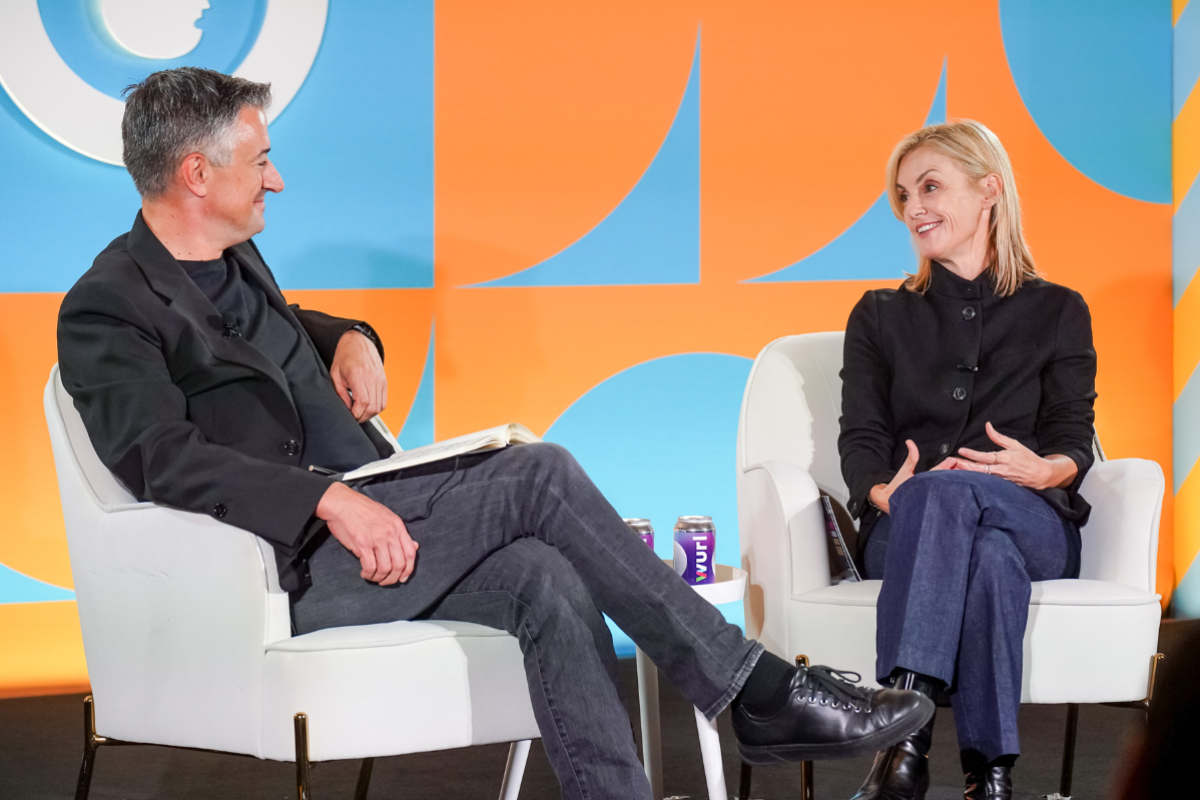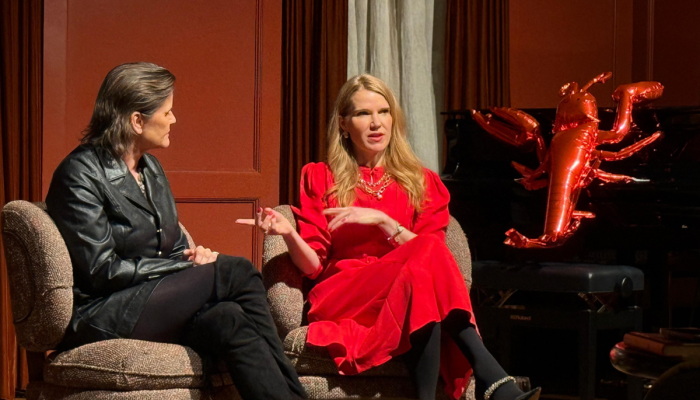As part of Advertising Week New York, the 2025 Changemakers Conference centered around challenge, featuring an incredible line up of inspirational speakers who revealed how they turned challenges into opportunities which pushed them to reshape, reimagine and prove that marketers mean business.
There’s a huge opportunity to win Gen Z’s trust and speak to their real issues.
Right now, we’re not meeting it. Like a lot of Gen X parents, watching Netflix’ Adolescence series changed how I thought about Gen Z. It raised the curtain on a generation facing issues and pressures I could hardly have imagined, and got me thinking: what on earth can brands do about this? That was at the back of my mind presenting System1’s new research, Seeing Gen Z, at AWNY.
Adland is obsessed with Gen Z. They control 17% of global spending but appear in 93% of US ads. Their social influence is huge and they’ve rewired the attention economy around the media they use most, particularly short-form video and live streaming platforms.
But when we tested ads starring Gen Z characters with Gen Z consumers a stark pattern emerged. They were much less effective with Gen Z audiences than with the general population - especially falling flat with Gen Z men.
Gen Z are represented in ads but they just don’t resonate
Gen Z may be the future for brands but we can’t tap into Gen Z’s huge social influence if we don’t understand them. When we looked at which ads actually worked for Gen Z we found things that defied stereotypes. Think Gen Z men are sport-obsessed bros? Wrong: ads focusing on kindness or money goals performed better. In fact it’s Gen Z women who respond well to empowering sports themed ads, and who are far from the superficial influencer wannabes they’re mocked as.
Or take phones. Gen Z may rely on their phones but the ads that speak to them put devices firmly last and interpersonal, even intergenerational, connection first. Again and again we found we’re not appealing to Gen Z when we rely on lazy tropes about what they’re like.
Our study shouldn’t be seen as damning. It’s harsh but it’s hopeful too. The opportunity to connect with young people, take a leading role in culture and help them with the things that truly matter is huge. To do that we have to stop seeing Gen Z as a block, starting with the big gender differences we’re seeing in their worries and motivations. To see Gen Z more clearly we need to stop assuming and start testing.
Three key insights
No 1
Ads starring Gen Z characters are far less effective with Gen Z consumers, especially men, than with the general public.
No 2
Stereotyping is a big problem. Gen Z tropes like phone-obsessed teens or sports-crazy bros just don’t resonate well.
No 3
Gen Z’s issues are real and the opportunity to help them is huge, but we have to stop assuming we know what works.



